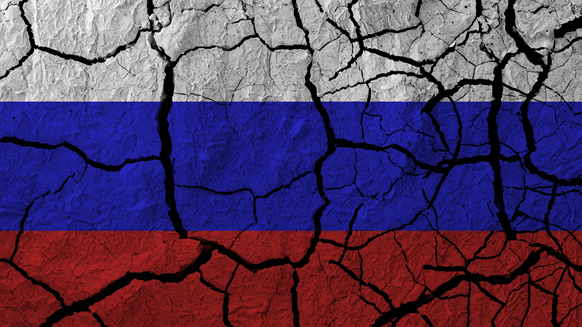The price of Russian oil is approaching a threshold that could create complications for the country’s biggest buyers.
The Group of Seven nations last year imposed a $60-a-barrel cap on crude shipped from Russia to limit the Kremlin’s profits amid the war in Ukraine. Buyers who pay above this level lose access to industry standard insurance under the penalties.
The price of Russia’s flagship Urals crude at the point of export is nearing the $60 mark, data from Argus Media Ltd shows. The delivered price of the grade on India’s west coast, including shipping costs, was actually more than $73 a barrel on April 6.
The real price of Russian crude is increasingly difficult to assess, due to the emergence of a shadowy fleet of vessels and trading companies with unclear affiliations. However, oil prices soared after last week’s shock announcement by OPEC+ to cut production, with global demand expected to pick up later this year, adding more upward pressure.
For much of the past year, Russian oil exports have been on the rise, with much of it going to India and China. But increasingly tough sanctions are starting to bite, and Russia has pledged to cut output until the end of the year. The country’s seaborne exports just saw their biggest weekly drop since December, tanker tracking data compiled by Bloomberg showed.
There is a gap of about $18 a barrel between the shipping point and delivery of Urals cargoes in Argus data. Russian grade shipped from the Baltic port of Primorsk and Novorossiysk on the Black Sea costs about $55 a barrel.
The price of Russian oil delivered to India averaged $72.14 a barrel in February, the most recent month for which data is available, according to the South Asian nation’s trade and industry ministry. It is slightly lower than in January.
Although Russian crude is increasingly expensive, there are signs that it is still cheap enough to undercut other suppliers. The cost of Iraqi crude in India fell to an average of $76.19 a barrel in February, compared with $78.92 in January, according to India’s ministry.
–With assistance from Jack Wittels and Rakesh Sharma.


